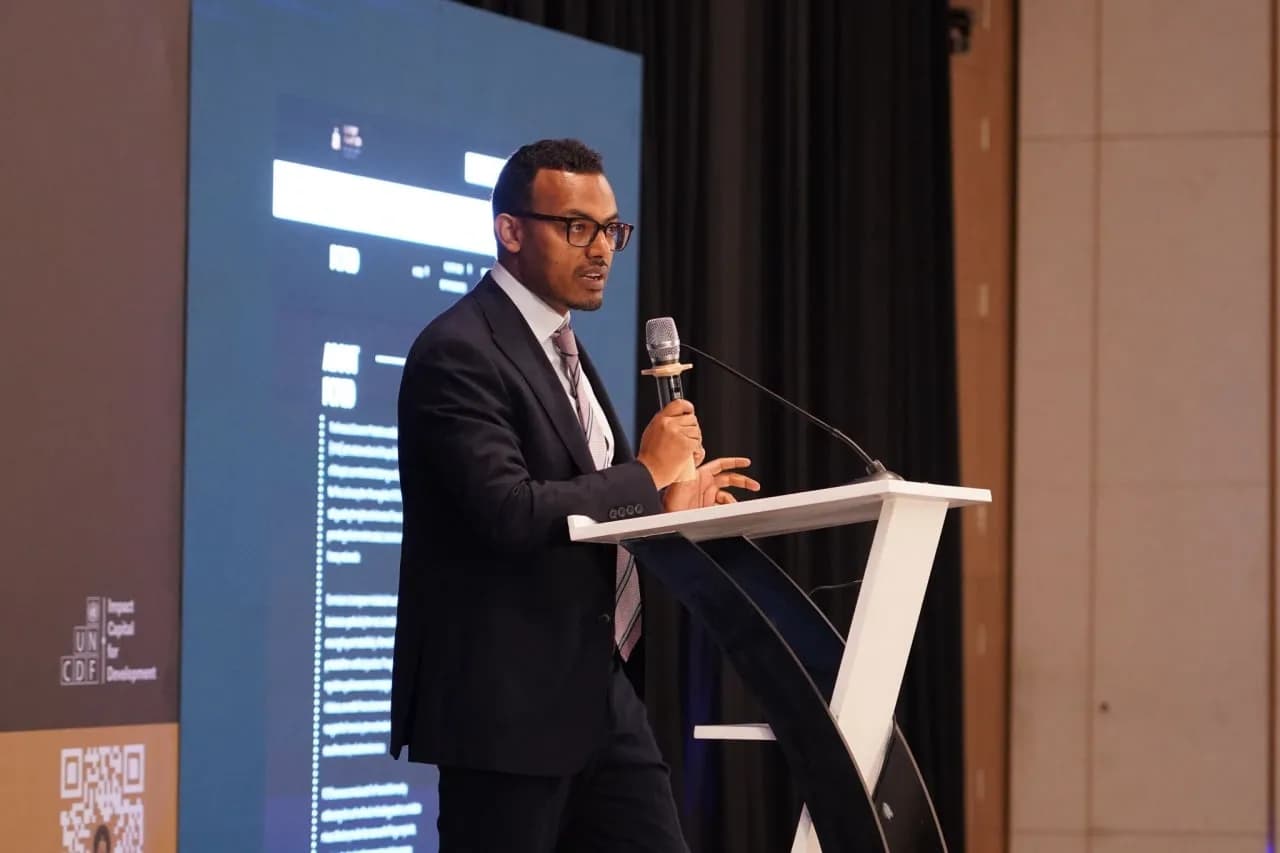Progress for 0 ad
Progress for 1 ad
Progress for 2 ad
Progress for 3 ad


Etenat Awol
Addis Ababa, Ethiopia

The National Bank of Ethiopia (NBE) has launched an online platform and a dedicated hotline (7230) to help customers file complaints against financial institutions.
The initiative is part of NBE's broader efforts to address prevalent issues within the financial sector, such as aggressive sales tactics, misleading advertising, and lack of transparency, according to a statement posted on NBE’s website.
The online platform allows consumers to file complaints against financial institutions if they are unable to resolve issues internally. If a complaint remains unresolved for ten business days, consumers can “escalate” the matter to NBE.
NBE established the Financial Consumer Protection and Education Directorate (FCPED) after the Financial Consumer Protection Directive was passed into law in 2020. The FCPED's role is to promote financial inclusion, trust, and stability in the financial system.
The directive mandates all financial institutions to set up internal complaint-handling units. These units must receive and address complaints in multiple languages, provide unique tracking numbers, and conclude investigations within ten working days.
Consumers who are dissatisfied with the resolution provided by the financial institution or who have not received a response can appeal to the NBE.
Internally developed by the central bank, the FCPED’s online platform aims to address the specific needs of vulnerable consumers, such as low-income individuals and MSMEs.
The central bank has also partnered with the United Nations Capital Development Fund (UNCDF) for technical assistance, education campaigns, and digital financial services initiatives.
“The platform aims to raise awareness of consumer rights, promote financial literacy, and hold financial institutions accountable, creating a more inclusive and trustworthy financial ecosystem,” said Endashaw Tesfaye, a digital financial services expert at UNCDF.
According to data from the World Bank, the percentage of adults in developing economies with a formal financial account rose from 42% in 2011 to 71% in 2021.
However, this rapid expansion creates concerns, particularly for low-income and inexperienced consumers, who may struggle to navigate these services successfully and are vulnerable to fraudulent activity. The platform seeks to enhance this practice. By focusing on education, regulatory oversight, and effective complaint resolution.
👏
😂
❤️
😲
😠

Etenat Awol
Etenat holds a degree in Journalism and her master's in Public Relations. Previously, she served as a university lecturer and has five years of experience in communications, media, digital marketing, and consulting.
Your Email Address Will Not Be Published. Required Fields Are Marked *